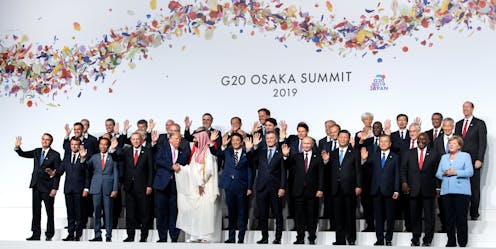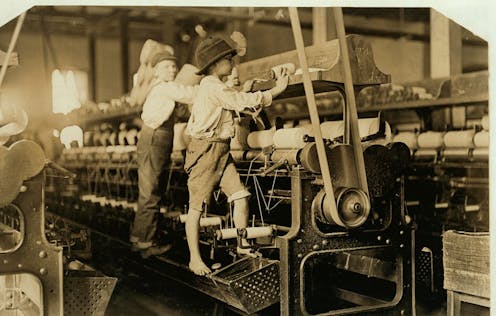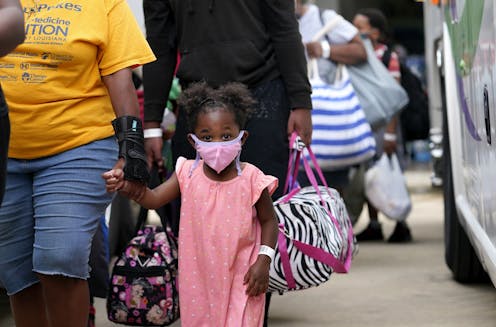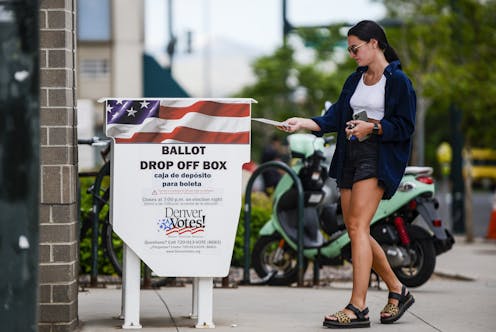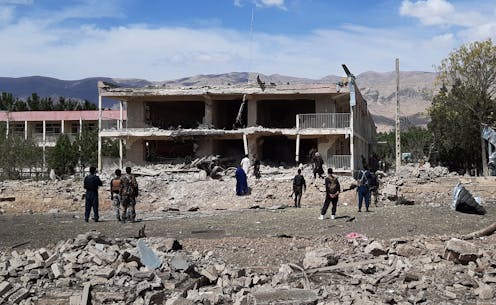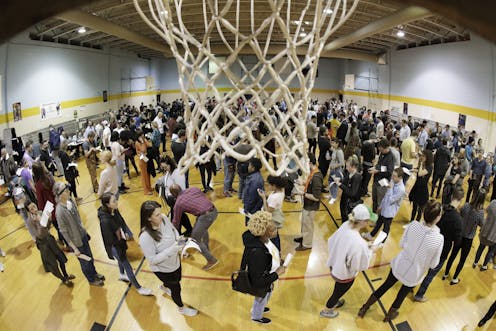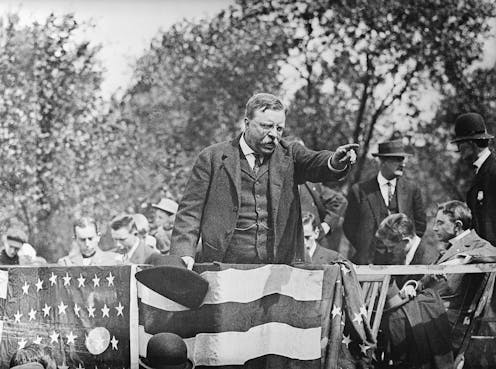The white supremacist origins of modern marriage advice
- Written by Jane Ward, Professor of Gender and Sexuality Studies, University of California, Riverside
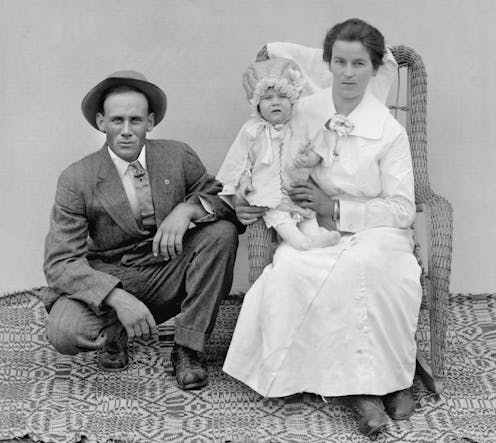 At the turn of the 20th century, marriage was assumed to be an exercise in mutual misery.Getty Images
At the turn of the 20th century, marriage was assumed to be an exercise in mutual misery.Getty ImagesWhen I was conducting research for my new book on the destructive aspects of modern heterosexual relationships, I started looking into the archives of early 20th-century books about courtship and marriage written by physicians and sexologists.
In...
Read more: The white supremacist origins of modern marriage advice


